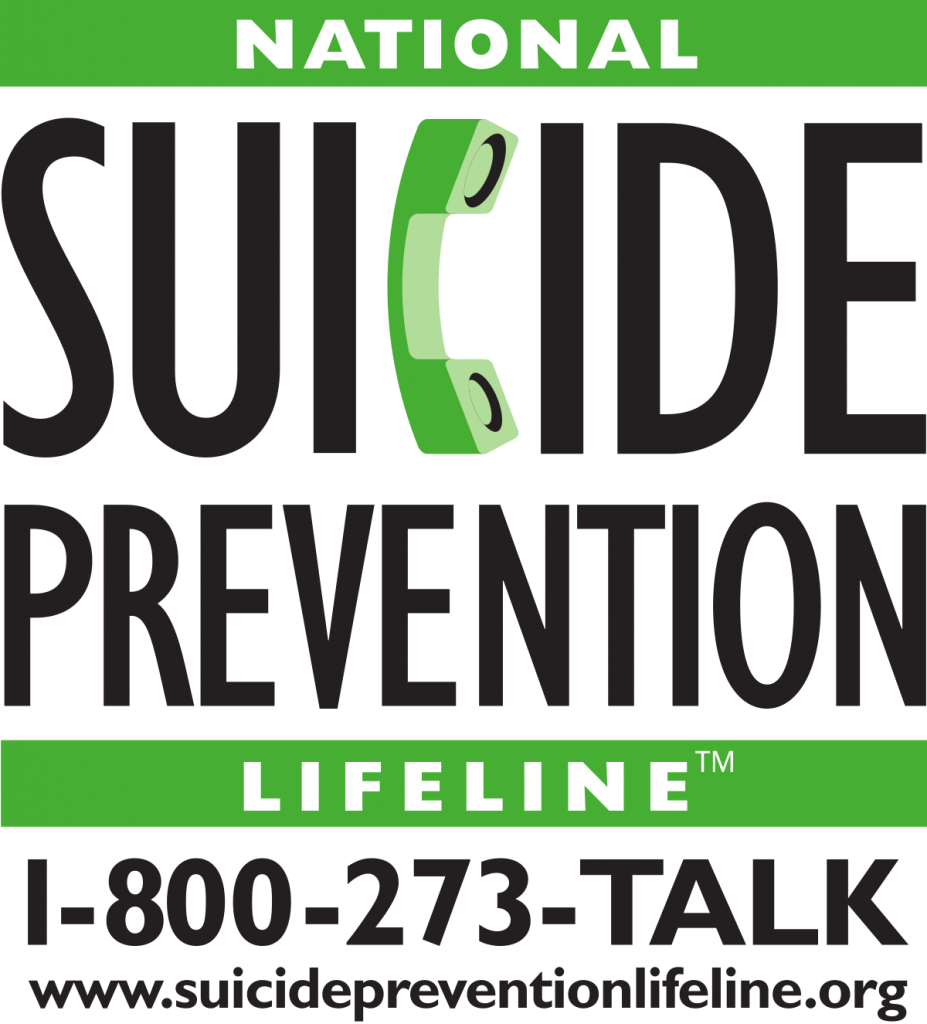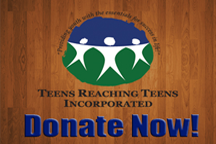By Evetta McGriff
September is National Suicide Prevention Month. National Suicide Prevention Week 2020 is Sunday, September 6-Saturday, September 12. September 10 of each year is World Suicide Prevention Day, to bring about a commitment and action to help prevent suicide. Suicide prevention awareness is represented by the color yellow.
Having thoughts of suicide occurs with people of any age, race, gender, and background. These types of thoughts are common, yet they should not be considered normal. According to the World Health Organization (WHO), someone dies by suicide every 40 seconds, which is close to 800,000 people per year. Suicide is the second leading cause of death for children and adolescents aged 10 to 24, and the third leading cause of death for pre-teen 12 year olds. The suicide rate is approximately four times higher for boys, but girls attempt suicide three times more. The effect of suicide is felt by the loved ones left behind.
It is important to take care of your mental health. Most teenagers are physically healthy. Three-fourths of all mental illnesses in adults occur by the age of 25. There is a link between suicide and depression. With the increase in youth and teen suicides, the rate of depression in teens increased to 63 percent.
There is not a single cause or reason that someone commits suicide. Some people are more at risk of suicide than others. Those risks include mental illness (sometimes undiagnosed), family history of suicide, a history of abuse, not having social support, being socially isolated, or having feelings of distress. Warning signs let you know that someone is in need of help. Some of those signs include talking about wanting to die, looking for ways to die, talking about feelings of hopelessness or being a burden to others, sleeping a lot or not enough, withdrawing from friends and family, or having extreme mood swings. When someone is having thoughts of suicide, friends and family may not know what to do or say. Pay attention to the warning signs, ask questions about how they are feeling, whether or not they are thinking about suicide and/or if they have thought about it in the past, how they plan to do it, and whether or not they have access to weapons or things of harm. If you have concerns, always reach out to someone for help. This is not a situation that can be handled alone or simply ignored. Don’t promise the person you won’t tell anyone, and encourage them to reach out for professional help.
The National Suicide Prevention Lifeline consists of local crisis centers that are part of a national network. The hotline is available twenty-fours a day, seven days a week to provide support that is free and confidential to anyone who is in distress or crisis. It also provides help to those who are looking for support for loved ones. If calling is not an option, text NAMI to 741-7411, and you can connect with a free trained crisis counselor on the Crisis Text Line.
If you are someone you know is suicidal, please contact The National Suicide Prevention Lifeline at 1-800-273-TALK (8255), or call 911 immediately.

Sep12020


